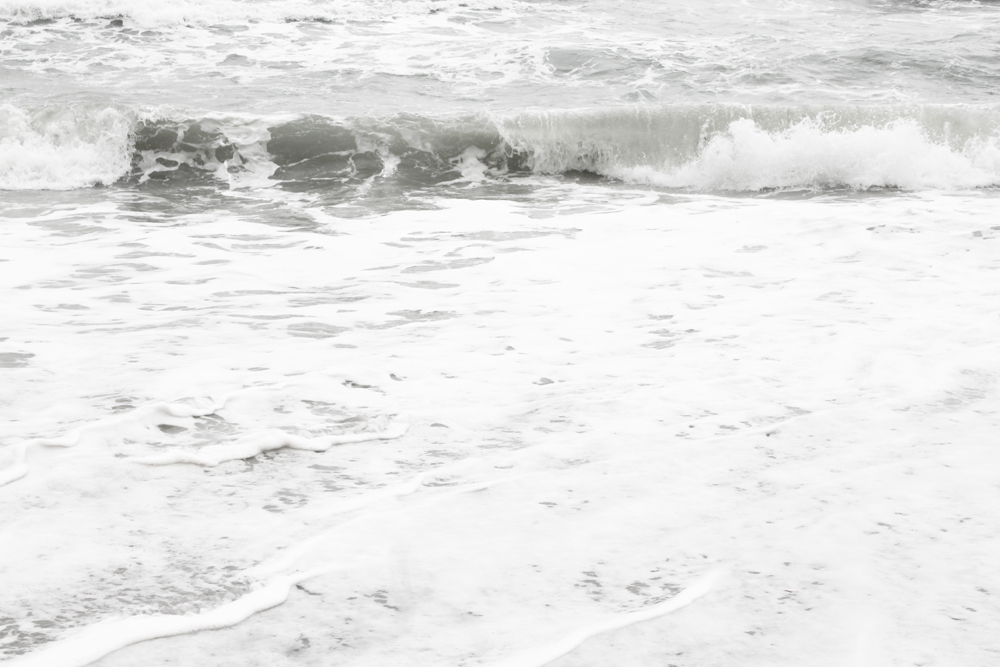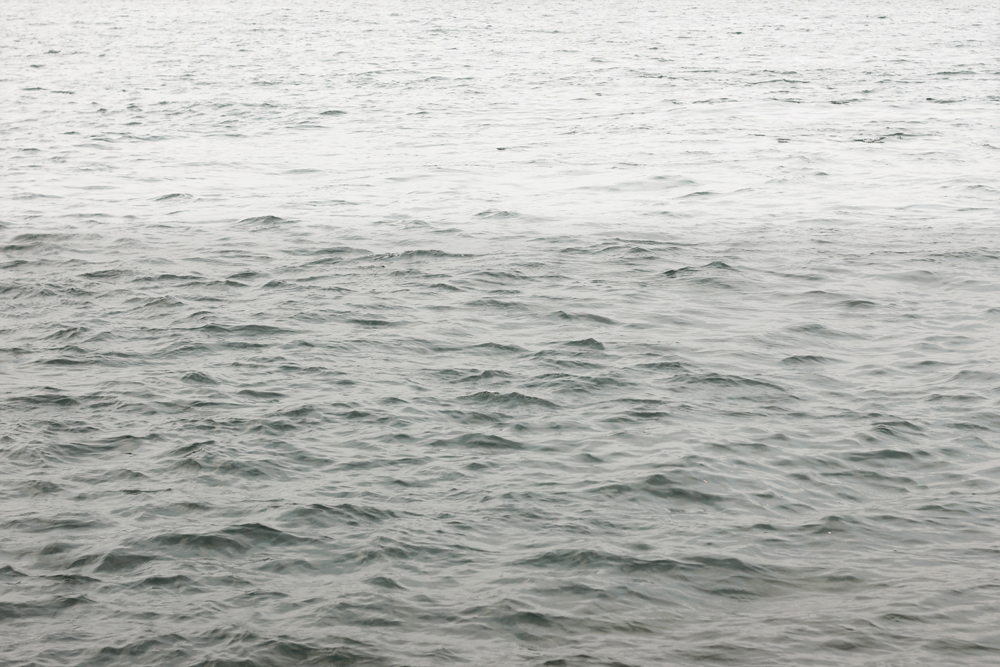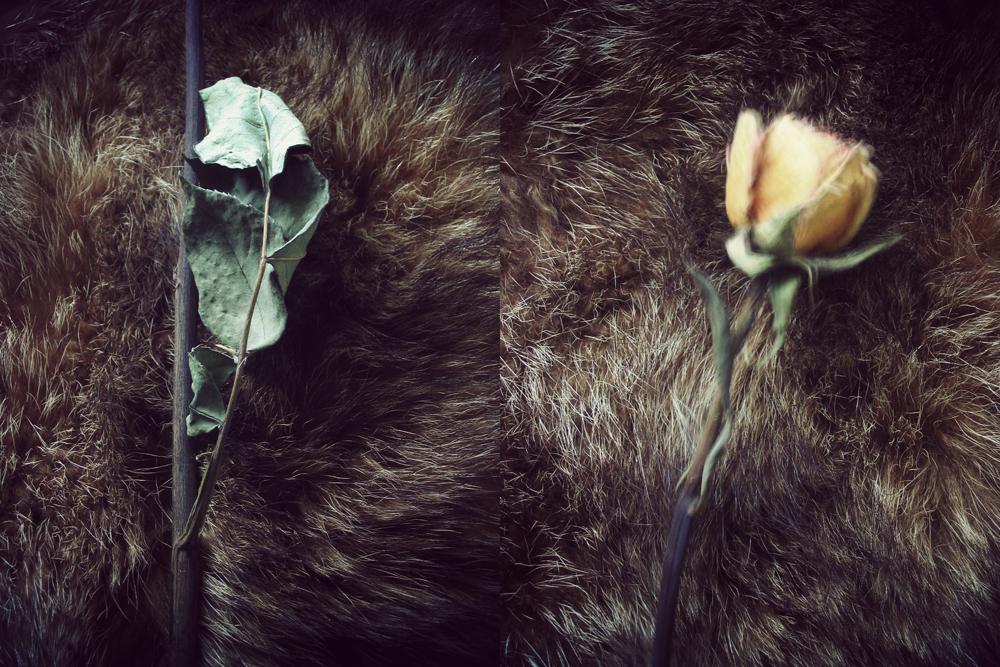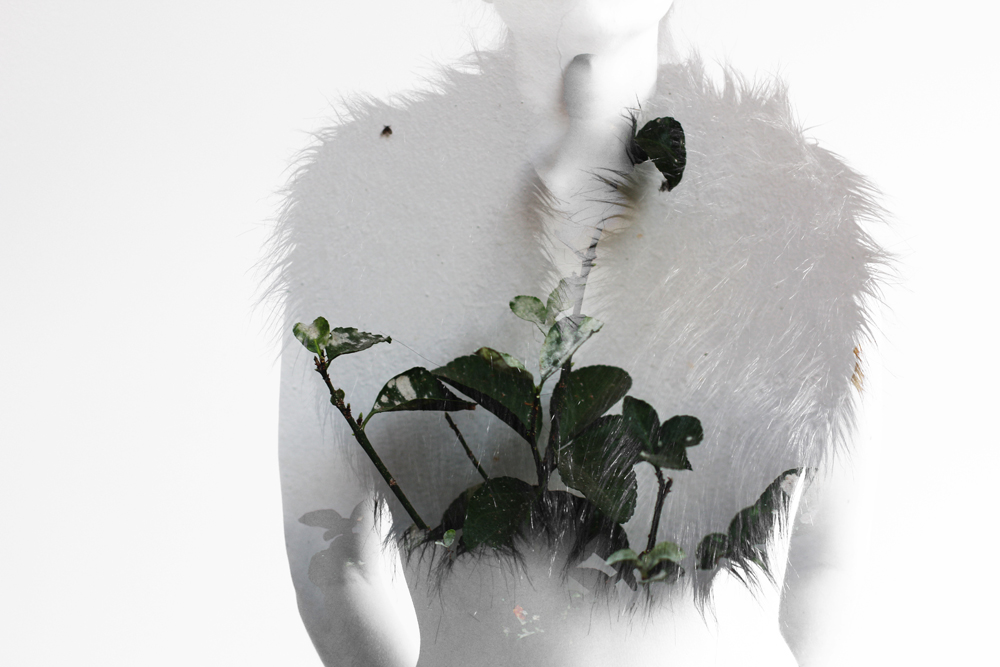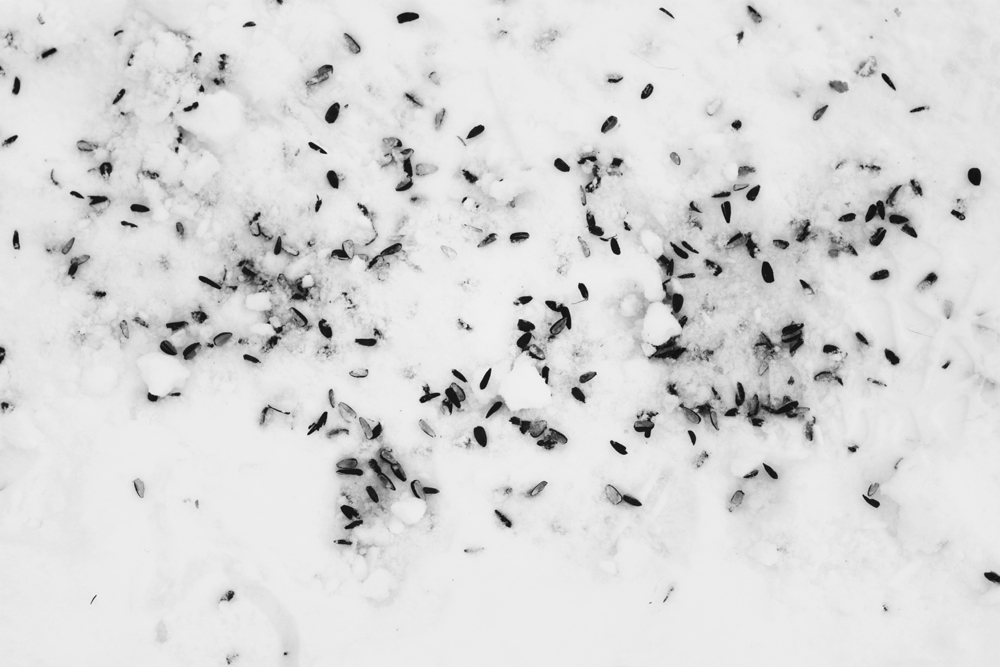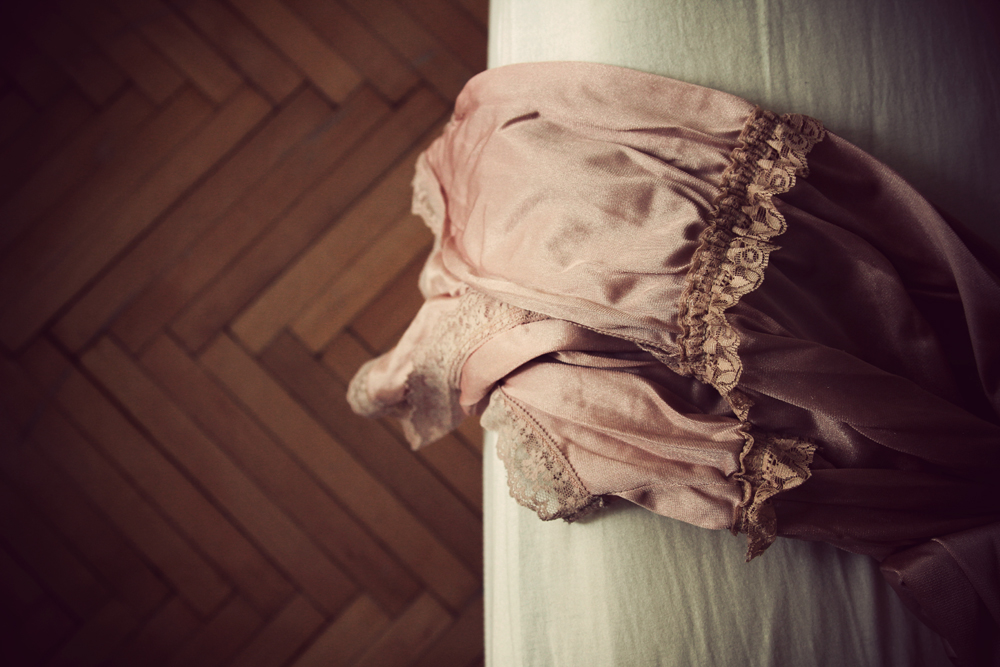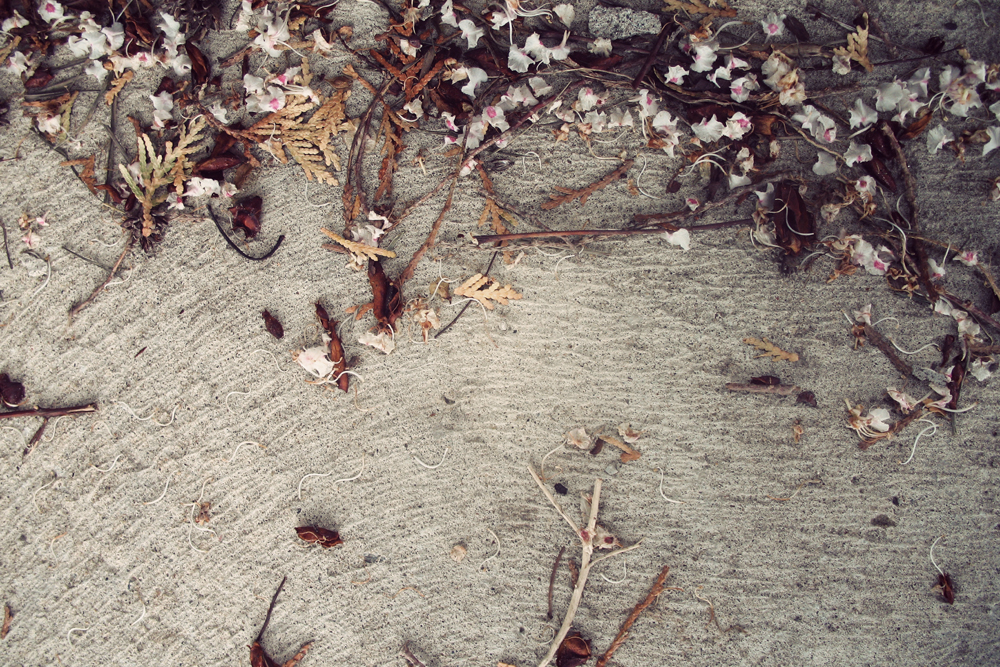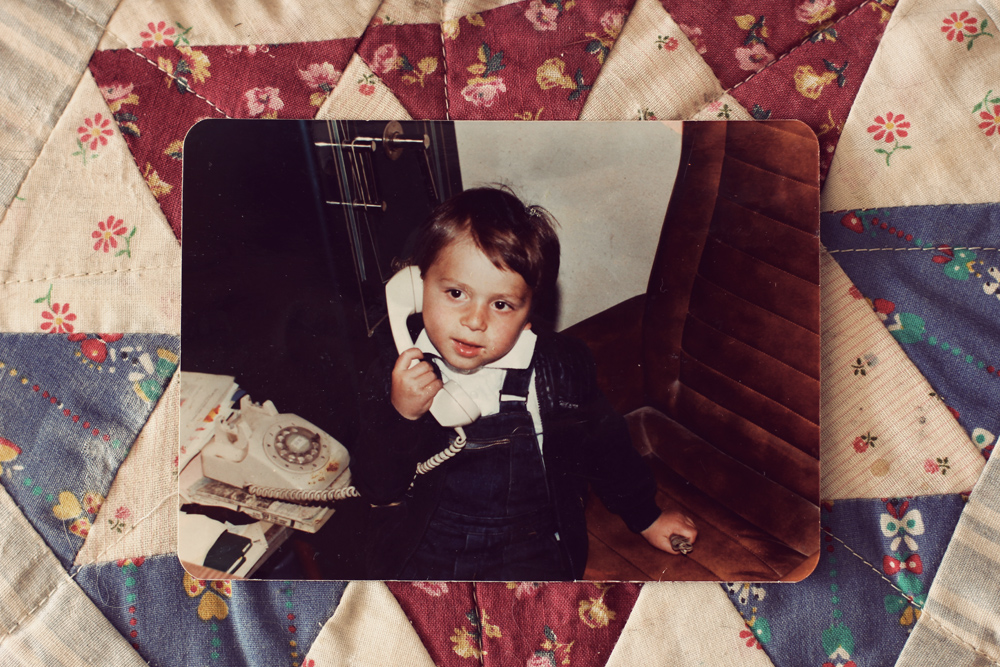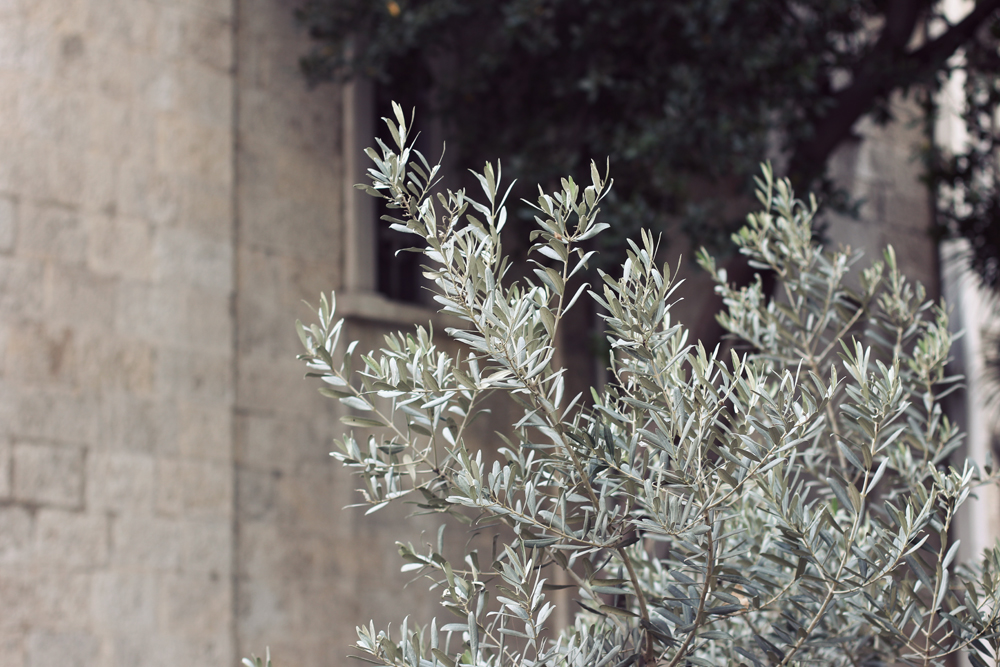to sit in silence;
it is important to sit in silence, like this. it is important not to talk. otherwise i catch myself looking out of the window, scrutinising the horizon for something out of character, a glitch in the motions, an authorised distraction. maybe i will see something in my line of sight that is worthy enough of a lull, like a car crash or an old lady and her mirror. instead there are only crows and the choreography of waves, and i can’t tell you about it because we are not that close.
when i was a child i would often stand in front of the living room window and stare at the st-lawrence river. given the way the current moved, i could tell where indents and rocks lay hidden underneath the flow. i knew by heart the curvatures of the current, yet fixing a whirlpool point would cause for it to disappear. i would focus and watch a pattern fade, only to see it return in the corner of my eye as soon as i averted my gaze. i found comfort in the permanence of the flow; it told me we can all reemerge from the depths.
i see you looking at me when i look out, i catch your eyes follow my eyes in search of what i am distracted by, and i apologise. it is important to come out, to witness the movements of the bodies, to see lips open and close and talk to each other, for hands to touch, and not our own. it is important to do all of these things, and to sit in silence, around them.

